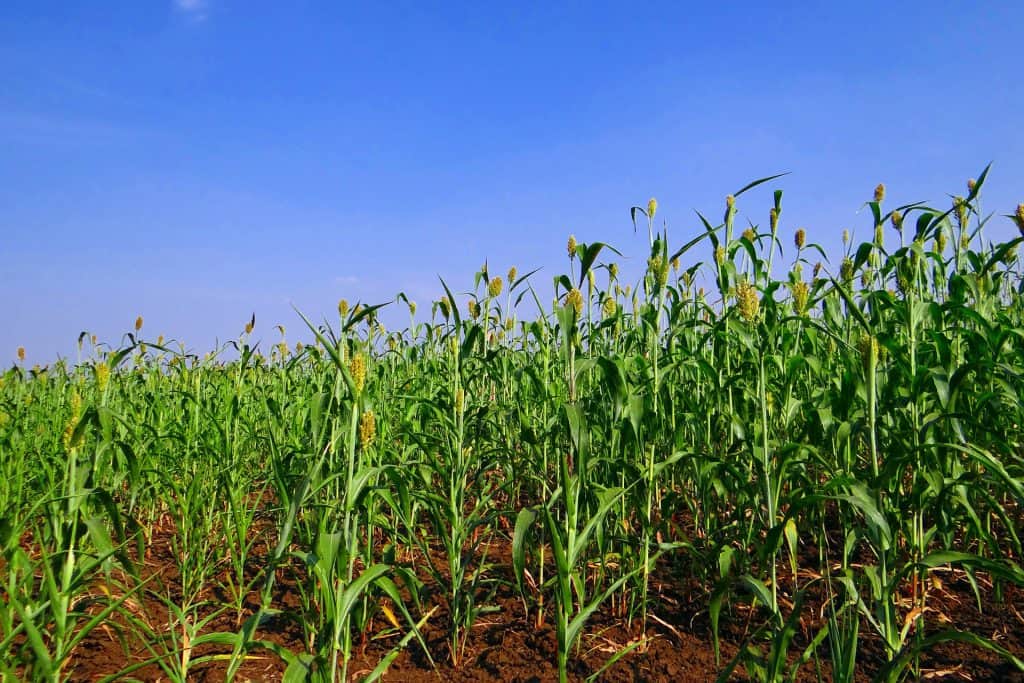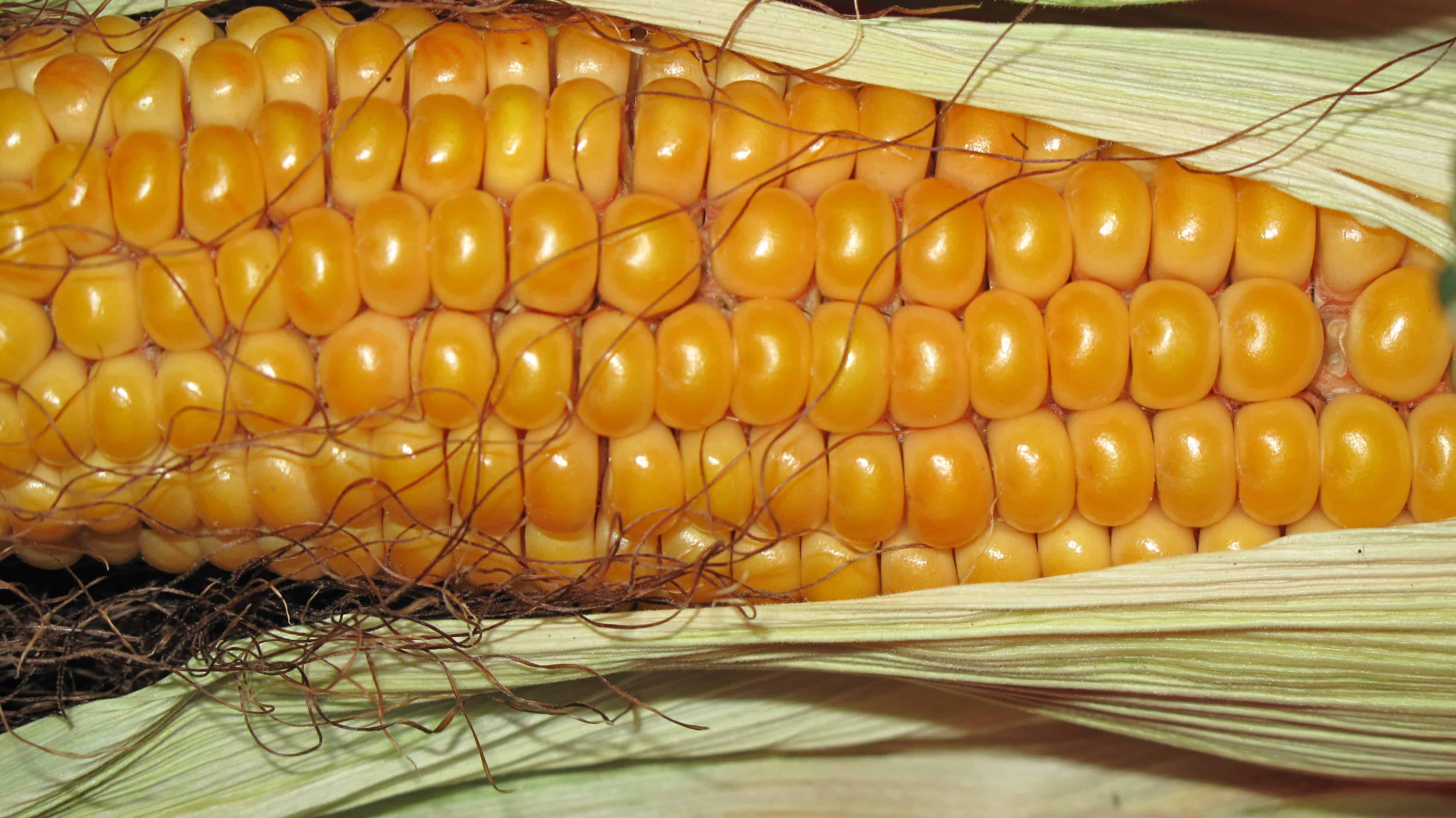 The long-term goal of this research is to develop drought-tolerant varieties of crops
The long-term goal of this research is to develop drought-tolerant varieties of crops
Drought tolerant African crops are key for food security, researcher says
Maize and sorghum are staple foods for many African countries and are major sources of calories and some micronutrients for humans and animals. When combined with legumes such as the common bean, cowpea and peas, they supply these nutrients in a form that ensures high-quality protein diets for humans and animals. However, drought impacts negatively on the production of these crops.
Researchers at the Centre of Excellence in Food Security(CoE) are looking into the drought resistance properties of maize, sorghum, soybean and cowpea crops.
The research, led by CoE affiliate Professor Ndiko Ludidi, of the University of the Western Cape’s Department of Biotechnology, focuses on the vegetative stages of these grain crops, where plant survival is most vulnerable to a lack of rain and high salt levels in the soil. “The vegetative stage is crucial because not only can it lead to a reduced grain yield, it can also lead to complete crop failure,” says Professor Ludidi.
“Decreases in the production of these crops pose serious threats to food security,” he adds. Professor Ludidi is co-Principal Investigator of the Innovation Programme at the CoE.

Together with his research team, Professor Ludidi uses comparative genomics and proteomics to identify the genetic determinants of sensitivity or tolerance to drought in maize, sorghum, soybean and cowpea. So far, the team have successfully identified and analysed two maize genes that contribute to the regulation of drought responses. The two genes belong to the RD22 family of transcription factors. These genes encode proteins which regulate the levels of expression of other genes involved in water uptake by roots and prevention of water loss through the leaves.
The long-term goal of this research is to “use the knowledge we discover to develop drought-tolerant varieties of these crop species,”
Professor Ludidi is among participants attending the Sorghum in the 21st Century Conference currently underway at the Century City Convention Centre in Cape Town. It is the first world conference on sorghum in over 30 years and is co-hosted by the University of Pretoria. The conference runs from 9 – 12 April 2018.
related Articles
New sorghum study crucial for addressing climate-related challenges
Dr Ali Elnaeim Elbasheir Ali (left) and Prof Ndiko Ludidi (right) are co-authors of a new study on sorghum,…
Proteomic dataset of sorghum leaf and root responses to single and combined...
Researchers from and affiliated with the DSTI-NRF Centre of Excellence in Food Security (CoE-FS) have published a new study on…
‘CoE-FS support was critical for my academic career’
Dr Ali Elnaeim Elbasheir Ali presents his work at the 2024 CoE-FS 10th anniversary symposium. Photo Sharif Mosa/CoE-FS. Since its…



